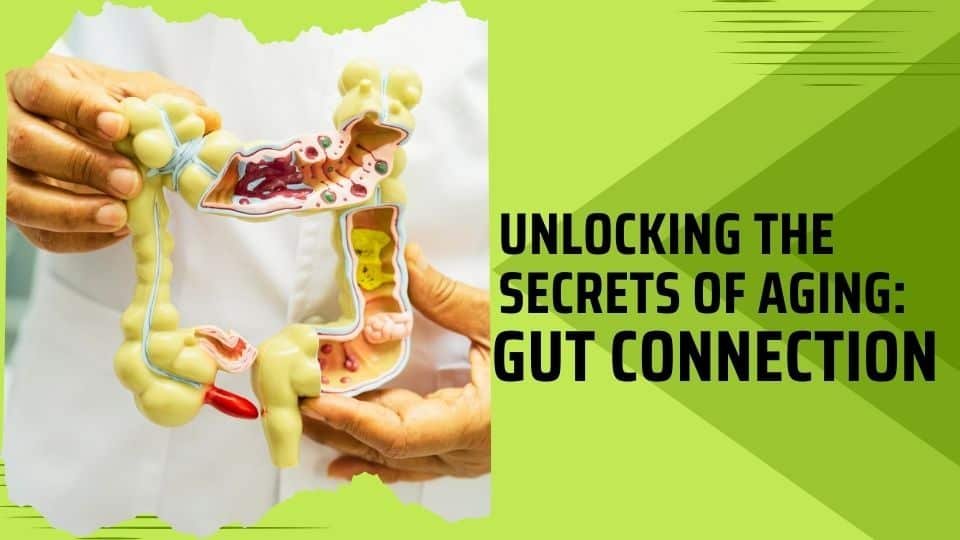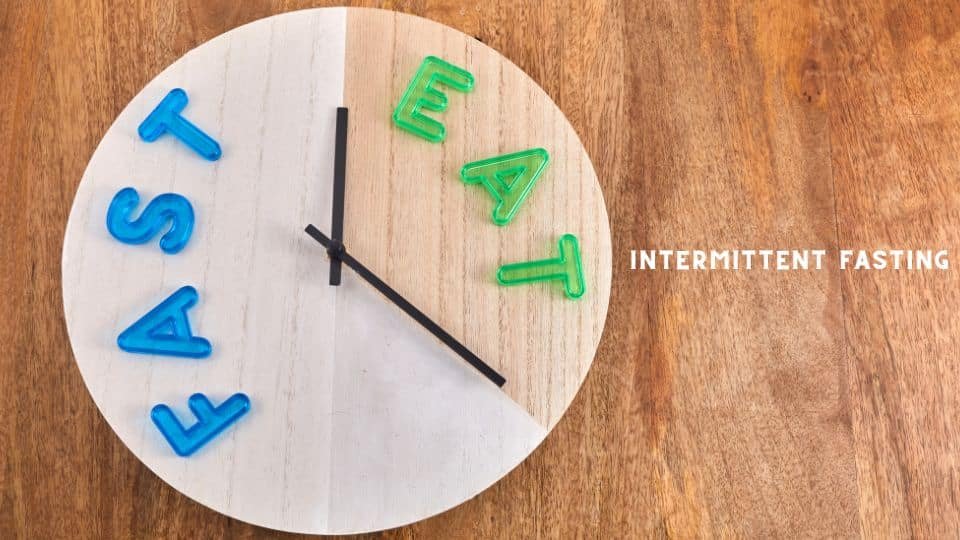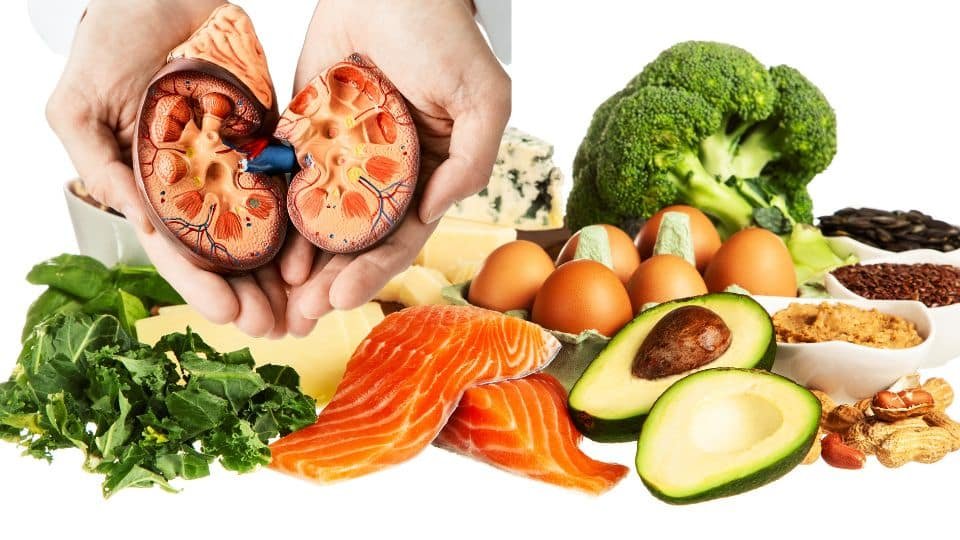Almond-Enriched Diets! Welcome! Today, we’ve got some exciting news from the world of health and nutrition. A recent study conducted at the University of South Australia has uncovered some fascinating insights into weight loss and heart health.
Imagine this – A 3-month diet journey that could change your life! This study aimed to investigate the impact of two different diets on individuals struggling with overweight or obesity. So, let’s dive into the details.
Phase 1 was all about kicking off the diet journey. Participants aged 25-65, with BMIs ranging from 27.5 to 34.9 kg/m², were randomly assigned to one of the two groups: the almond-enriched diet group (AED) or the group with carbohydrate-rich snacks (NFD).
Now, here’s where it gets interesting – both groups experienced significant weight loss during Phase 1, shedding around 7.0 kg each! That’s like saying goodbye to a small bag of potatoes. And guess what? There was no significant difference between the almond-enriched diet (AED) and carbohydrate-rich snacks (NFD) groups.
But the journey didn’t end there! Phase 2 focused on maintaining that weight loss for six more months. And guess what? Participants from both groups continued to lose weight, though to a lesser extent – approximately 1.1 kg for the almond group and 1.3 kg for the snack group.
What’s more, there was a fantastic improvement in lean muscle mass – a whopping 4.8% increase for both groups during Phase 2. So not only were they shedding pounds, but they were also building a healthier, leaner body.
Let’s talk about the heart now, shall we? Several cardiometabolic markers saw positive changes during the study. Fasting glucose and insulin levels dropped, blood pressure went down, and there were significant reductions in cholesterol levels – total cholesterol, LDL cholesterol, VLDL cholesterol, and triglycerides.
You can also view this article: Boost Your Diet Quality with One Avocado a Day: A Nutritional Breakthrough!
Now, here’s the real game-changer – both groups experienced an increase in high-density lipoprotein (HDL) cholesterol. That’s the good kind! It’s like having your personal team of cholesterol superheroes ready to protect your heart.
But wait, there’s more! There were significant differences between the two groups in terms of lipoprotein subfractions. The almond-enriched diet group showed more substantial improvements in very small triglyceride-rich particles, small LDL particles, and medium LDL particles compared to the snack group.
So, what does all of this mean for you? In a nutshell, both the almond-enriched diet (AED) and the snack-based diet (NFD) proved effective for weight loss and maintaining it. They also offered significant improvements in cardiometabolic health. But, the almond-enriched diet had the upper hand in certain heart-healthy aspects.
And if you’re curious about the source, this valuable information comes from a study published in an obesity journal.
In a world where health is a priority, incorporating almonds into an energy-restricted diet could be a practical and potentially superior approach for those seeking weight loss and improved heart health. It’s like having a delicious ally in your journey towards a healthier you!
But here’s the catch: more research is needed to understand the nitty-gritty details behind these fantastic effects. We need to explore long-term outcomes and the sustainability of such dietary changes.
In conclusion, the results of this study support the idea that almond-enriched diets might just be your secret weapon for achieving and maintaining weight loss while also giving your heart a boost.
Glossary:
- BMI (Body Mass Index): A measure of a person’s weight in relation to their height, often used to classify individuals as underweight, normal weight, overweight, or obese.
- Almond-enriched diet (AED): A dietary plan that includes a significant portion of almonds.
- Carbohydrate-rich snacks (NFD): A dietary plan that includes snacks with a high carbohydrate content.
- Cardiometabolic markers: Indicators or measurements related to heart and metabolic health, such as glucose levels, insulin levels, blood pressure, and cholesterol levels.
- Fasting glucose: The level of glucose (sugar) in the blood after an overnight fast.
- LDL cholesterol: Low-density lipoprotein cholesterol, often referred to as “bad” cholesterol, which can contribute to the build-up of plaque in arteries.
- VLDL cholesterol: Very-low-density lipoprotein cholesterol, a type of cholesterol that transports triglycerides.
- Triglycerides: A type of fat found in the blood.
- HDL cholesterol: High-density lipoprotein cholesterol, often referred to as “good” cholesterol, which helps remove LDL cholesterol from the bloodstream.
- Lipoprotein subfractions: Different forms of lipoproteins in the blood, including variations in LDL and triglycerides.
- Energy-restricted diet: A diet plan that limits calorie intake to create an energy deficit, often used for weight loss.
- Cardiometabolic health: The overall health of the heart and metabolic system, including factors that affect heart disease and diabetes risk.
Journal Reference:
Sharayah Carter, Alison M. Hill, Lauren C. Mead, Hoi Y. Wong, Catherine Yandell, Jonathan D. Buckley, Sze‐Yen Tan, Geraint B. Rogers, Francois Fraysse, Alison M. Coates. Almonds vs. carbohydrate snacks in an energy‐restricted diet: Weight and cardiometabolic outcomes from a randomized trial. Obesity, 2023; https://doi.org/10.1002/oby.23860



 By
By










